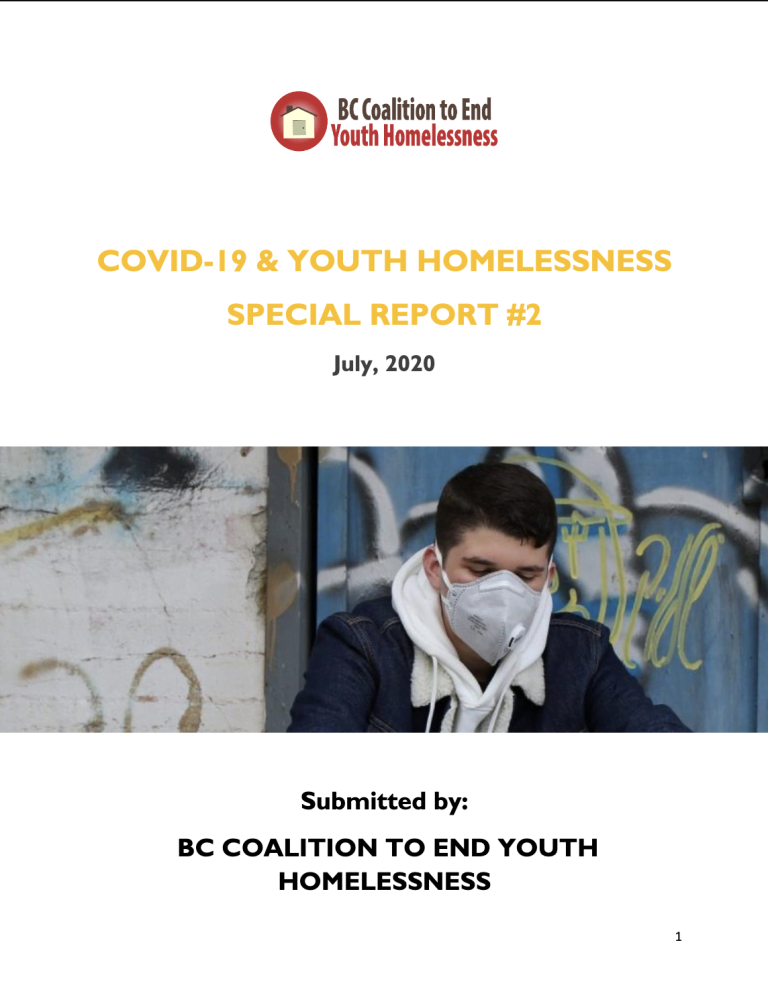17 search results
for
Experiences of mental health issues
Housing
Recommendation 2: Develop and build youth-specific housing that includes a variety of accommodations including communal, transitional, supportive, scattered site, and affordable market units. There should be designated low-barrier housing for youth with mental health and substance use concerns, as well as housing for youth who do not use substances. Youth recommend having teachers, nurses, and life-skills workers onsite.-
Category and theme:
Audience:
Groups affected:
Location of recommendation:
Youth in and from the foster care system
Recommendation 17: All CLBC and Mental health assessments must be completed prior to youth aging out. Youth report delays on receiving assessments during the pandemic, which will affect the level of support they receive in the future.-
Category and theme:
Audience:
Groups affected:
Location of recommendation:
Social connections
Recommendation 27: Youth should be provided access to free family counseling if they want to return home.-
Category and theme:
Groups affected:
Location of recommendation:
Mental health
Recommendation 29: Free counseling should be provided to all youth and should be available on-line and inperson. Youth recommend providing young people with a choice in their counselor.-
Category and theme:
Groups affected:
Location of recommendation:
Mental health
Recommendation 30: Increased mental health services that are pro-active with a focus on self-care and safety plans, including access to online programs and supports.-
Category and theme:
Audience:
Groups affected:
Location of recommendation:
Mental health
Recommendation 31: Low-barrier support that provides drop in programming or short, easy life-skills workshops such as budgeting, employment, career training, mental wellness, and social activities. Youth recommend non-clinical activities such as walking with a community support worker.-
Category and theme:
Groups affected:
Location of recommendation:
Mental health
Recommendation 32: Services should be extended and provided after-hours and on weekends, as we all know that crises do not happen during 9-5.-
Category and theme:
Groups affected:
Location of recommendation:
Mental health
Recommendation 33: Develop a “no wrong door” policy by ensuring all organizations know what resources are available and what youth need supports to ensure no youth falls through the cracks. Mental health organizations should partner with non-profits to provide youth with clinical supports and workshops. There should be one referral document for all services such as the Wrapforce program in Kamloops and the One Door initiative in Kelowna.-
Category and theme:
Groups affected:
Location of recommendation:
Mental health
Recommendation 34: Provide youth with in-house mental health and cognitive assessments, so they are able to access CLBC and other supports in a timely manner.-
Category and theme:
Groups affected:
Location of recommendation:
Mental health
Recommendation 35: Partner with non-profits to provide health services onsite to youth to reduce their risk of community transmissions by going to a walk-in clinic.-
Category and theme:
Groups affected:
Location of recommendation:
